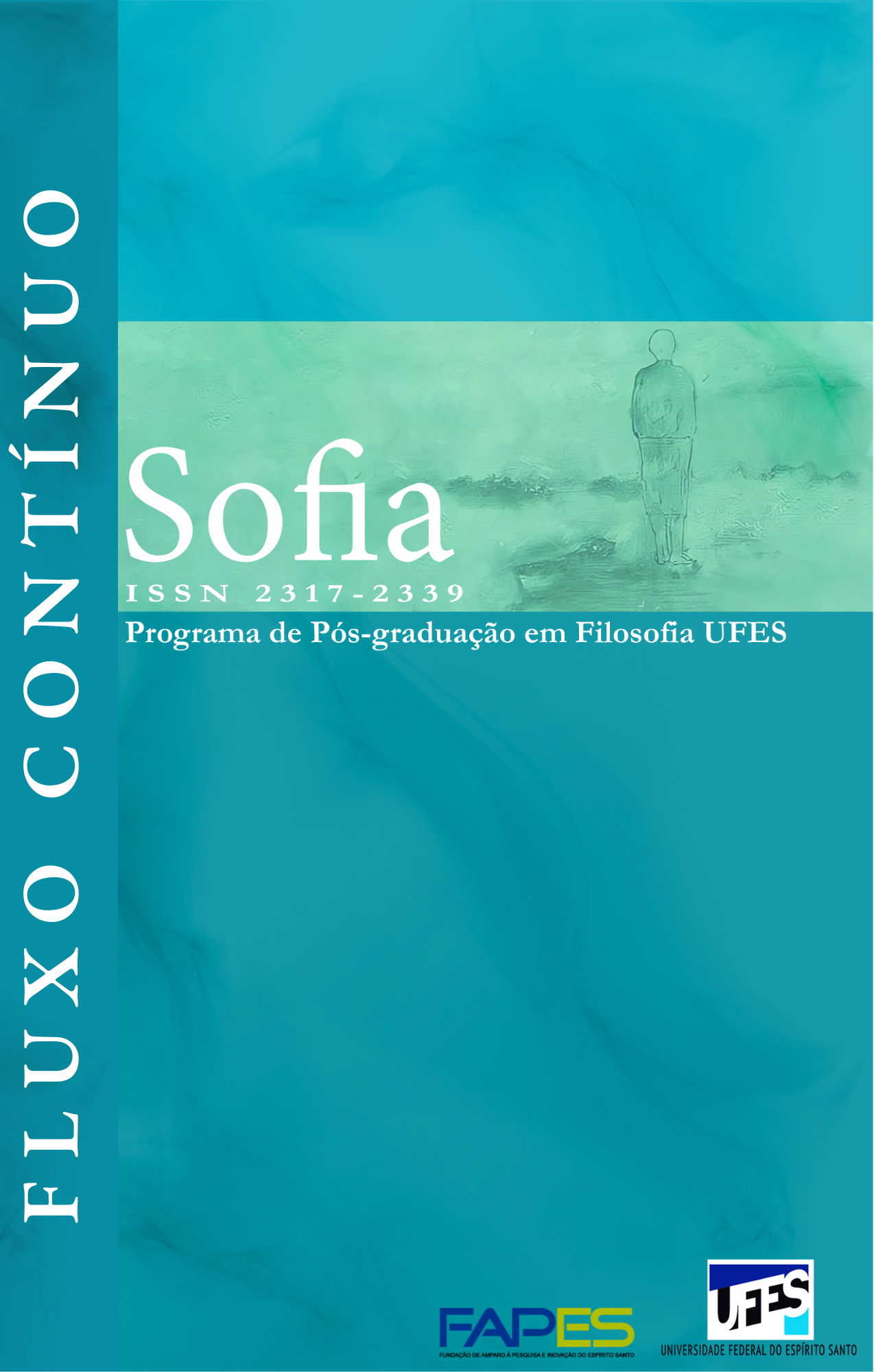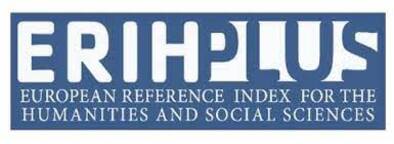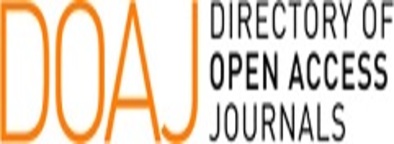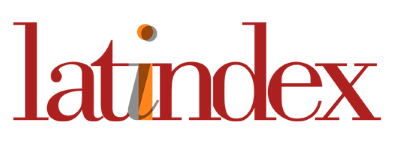Sacro Império Romano de Severinus de Monzambano
DOI :
https://doi.org/10.47456/sofia.v12i1.40722Mots-clés :
império, estado composto, soberania, guerra e paz, pessoa moralRésumé
O exame do De Statu Imperii Germanici de Pufendorf mostra que ele estava fortemente interessado na questão da soberania, e que a complexa realidade do Sacro Império Romano exigia uma abordagem completamente nova para a questão de onde residia a soberania dentro do império. Argumento que o tipo de Estado que Pufendorf tinha em mente era o Estado composto representado pelo Sacro Império Romano, consistindo em muitas comunidades diferentes divididas por religião, mas compartilhando o mesmo soberano, o Sacro Imperador Romano Católico.
Références
BAZZOLI, Mauricio. La concezione pufendorfiana della politica internazionale. In: V. Fiorillo (org.) Samuel Pufendorf Filosofo del Diritto e della Politica. Atti del Convegno Internazionale. Milano, 11-12 novembre 1994. Napoli: La Città del Sole, 1997, p. 29-72.
BURGDORF, Wolfgang. Reichskonstitution und Nation: Verfassungsreformprojekte für das Heilige Römische Reich Deutscher Nation in politischen Schrifttum von 1648 bis 1806. Mainz: Philipp von Zabern, 1998.
CONRING, Hermann. De origine iuris Germanici commentarius historicus. Helmestadii: H. Müller, 1643.
DÖRING, Detlef. Pufendorf–Studien. Beiträge zur Biographie Samuel von Pufendorf’s und seiner Entwicklung als Historiker und theologisher Schriftsteller. Berlin: Duncker & Humblot, 1992.
DREITZEL, Horst. Toleranz und Gewissensfreiheit im konfessionellen Zeitalter: Zur Diskussion im Reich zwischen Augsburger Religionsfrieden und Aufklarung. In Religion und Religiosität im Zeitalter des Barock, ed. Dieter Breuer, part 1. Wiesbaden: Harrassowitz, 1995a, p. 115-128.
DREITZEL, Horst. Gewissensfreiheit und soziale Ordnung: Religionstoleranz als Problem der politischen Theorie am Ausgang des 17. Jahrhunderts. Politische Vierteljahresschrift, v. 36, n. 1, 1995b, p. 3-36.
DREITZEL, Horst. Reason of state and the crisis of political Aristotelianism: An essay on the development of 17th century political Philosophy. History of European Ideas, v. 28, 2002, p. 163-187.
DUFOUR, Alfred. Federalisme et raison d’Etat dans la pensée politique pufendorfienne. In: V. Fiorillo (org.) Samuel Pufendorf Filosofo del Diritto e della Politica. Atti del Convegno Internazionale. Milano, 11-12 novembre 1994. Napoli: La Città del Sole, 1996, p. 107-138.
ELLIOT, J. H. A Europe of composite monarchies. Past and Present, v. 137, 1992, p. 48-71.
FASOLT, Constantin. A question of right: Hermann Conring’s New Discourse on the Roman-German Emperor. Seventeenth Century Journal, v. 28, 1997, p. 739-758.
FORSYTH, Murray. Unions of States: The Theory and Practice of Confederation. New York: Leicester University Press, Holmes & Meier Publishers, Inc., 1981.
FRIEDEBURG, Robert von. Reformed Monarchomachism and the genre of the “politica” in the Empire: The Politica of Johannes Althusius and the meaning of hierarchy in its constitutional and conceptual context, Archivio della Ragion di Stato, v. VI, 1998, p. 129-153.
HAAS, Julia. Die Reichstheorie in Pufendorfs “Severinus de Monzambano”. Berlin: Duncker & Humblot, 2006.
HOLLAND, Ben. The Moral Person of the State. Pufendorf, Sovereignty and Composite Polities. Cambridge: Cambridge University Press, 2017.
HONT, István. Jealousy of Trade: International Competition and the Nation-State in Historical Perspective. Cambridge, MA: The Belknap Press of Harvard University Press, 2005.
KOENIGSBERGER, H. G. Politicians and Virtuosi: Essays in Modern History. Cambridge: Cambridge University Press, 1987.
MILTON, Patrick. Intervening against tyrannical rule in the Holy Roman Empire during the seventeenth and eighteenth centuries. German History, v. 33, 2015, p. 1-29.
MOORE, James & SILVERTHORNE, Michael. Protestant Theologies, Limited Sovereignties: Natural Law and Conditions of Union in the German Empire, the Netherlands and Great Britain. In John Robertson (Ed.), A Union for Empire: Political Thought and the British Union of 1707. New York: Cambridge University Press, 1995, p. 171-197.
OESTREICH, Gerhard. Neostoicism and the Early Modern State. Translated by David McLintock, Cambridge: Cambridge University Press, 1982.
OSIANDER, Andreas. Sovereignty, international relations, and the Westphalian myth. International Organization, v. 55, 2001, p. 251-287.
PUFENDORF, Samuel. Einleitung zu der Historie der vornehmsten Reiche und Staaten, so jetziger Zeit in Europa sich befinden. Frankfurt (Main), 1684.
PUFENDORF, Samuel. De jure naturae et gentium. Ed. Frank Böhling. Vol. 4 of Samuel Pufendorf: Gesammelte Werke, ed. Wilhelm Schmidt-Biggemann. Berlin: Akademie Verlag, 1998.
PUFENDORF, Samuel. De Statu Imperii Germanici: Liber Unus (Latin Edition). Charleston: Nabu Press, 2013.
SAHD, Luiz Felipe N. A. S. Direito natural, sociabilidade e religião na política de Samuel Pufendorf. Fortaleza: EdUECE, 2023.
SCHMIDT-BIGGEMANN, Werner. Samuel von Pufendorf – Filosofia do Estado e do direito entre o barroco e o Iluminismo. In: Lothar Kreimendahl (org.) Filósofos do Século XVII (trad. de B. Dischinger) São Leopoldo: Editora Unisinos, 2003, p. 148-174.
SCHRÖDER, Peter. The constitution of the Holy Roman Empire after 1648: Samuel Pufendorf’s assessment in his Monzambano. Historical Journal, v. 42, 1999, p. 961-983.
STRAUMANN, Benjamin. The Peace of Westphalia as a secular Constitution. Constellations, v. 15, 2008, p. 173-188.
Treaty of Westphalia, art. LXIV. Disponível em: http://avalon.law.yale.edu/17th_century/westphal.asp. Acesso em: 9 Fev. 2012.
WHALEY, Joachim. Germany and the Holy Roman Empire, vol. II, The Peace of Westphalia to the Dissolution of the Reich 1648-1806. Oxford: Oxford University Press, 2012.
WILSON, Peter H. Still a monstrosity? Some reflections on early modern statehood. Historical Journal, v. 69, 2006, p. 565-576.
Téléchargements
Publiée
Numéro
Rubrique
Licence
(c) Copyright Luiz Felipe Netto de Andrade e Silva Sahd 2023

Ce travail est disponible sous la licence Creative Commons Attribution 4.0 International .
Dada a política de acesso público da revista, o uso dos textos publicados é gratuito, com a obrigação de reconhecer a autoria original e a primeira publicação nesta revista. Os autores das contribuições publicadas são inteiramente e exclusivamente responsáveis por seus conteúdos.
I Os autores autorizam a publicação do artigo nesta revista.
II Os autores garantem que a contribuição é original e assumem total responsabilidade pelo seu conteúdo em caso de impugnação por terceiros.
III Os autores garantem que a contribuição não está sob avaliação em outra revista.
IV Os autores mantêm os direitos autorais e concedem à revista o direito de primeira publicação, sendo o trabalho licenciado sob uma Licença Creative Commons Atribuição-BY.
V Os autores são autorizados e incentivados a divulgar e distribuir seu trabalho on-line após a publicação na revista.
VI Os autores dos trabalhos aprovados autorizam a revista a distribuir seu conteúdo, após a publicação, para reprodução em índices de conteúdo, bibliotecas virtuais e similares.
VII Os editores reservam o direito de fazer ajustes no texto e adequar o artigo às normas editoriais da revista.


















